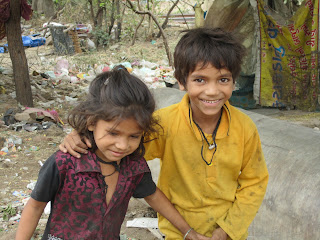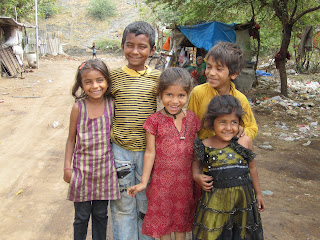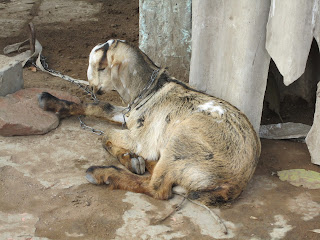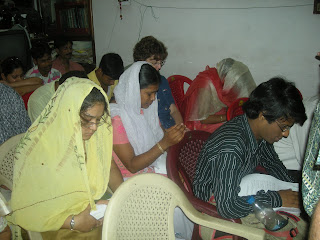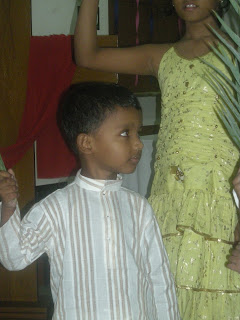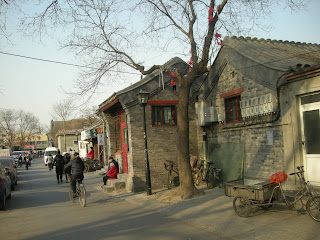What a refreshing gathering. Some of the church planting leaders of the foremost Evangelical denominations, along with a smattering of United Methodists, Lutherans and one Episcopal leader gathered for the Church Planting Leadership Forum in Nashville Tennessee Nov 14-15. I was invited by George Klipennes my counterpart for the USA in the Evangelical Free Church (EFCA).
We had a half of a day together as an EFCA group talking about church planting, partnerships between USA churches and our international ministry, and ministry among African Americans. I hope greater collaboration will come out of those meetings. We had some good time connecting and getting acquainted. Bob Rowley invited me or someone else from ReachGlobal to join them in Texas for their district conference, and I will be try to be at some of the other conferences where pastors gather once a year to talk about partnerships. So at least there is a direction to head in.
It was significant that for the following day and a half American leaders learned from experienced church planters from Atlanta (African American church planter), Sri Lanka, Indonesia, Germany, the Philippines, and China. Many of these have experienced exponential growth. The man from China was used by God to start the fastest growing recorded church planing movement in the Pearl River Delta in Communist China. He developed T4T, or Training for Trainers. That we sat and learned from practitioners in former "mission fields" is significant in itself. So what were some of the take-aways?
One thing left me feeling a little uneasy. We have learned that as Western missionaries go to other cultures they must adapt their methodologies or find new ones that fit the people group they are trying to reach. In other words "Principles are transferable but methods have not been." It seemed like the same should apply to learning from the two-thirds majority world. We should not apply CPM methodology lock-stock and barrel. However I did not sense that the distinction between principle and method was clearly made. I loved the T4T which has proven effective in many collectivistic cultures. Why should we be surprised when it is less successful in our individualistic West.Someone said it is working almost exclusively with immigrant groups. Dr. Ed Stetzer, our host at Lifeway Center summarized common elements of ministries that are experiencing multiplication:
1) They prioritize the great commission. Making disciples needs to be the focal point. The best form is obedience-based discipleship. That is teaching and training people to practice the Word and holding each other accountable. This is different than knowledge-based discipleship or even mentoring to be better Christians. One speaker said that biblically making disciples includes both evangelism and maturing believers. They are like Siamese twins that should never be separated. When they are they are undermined (he said killed). Evangelism without maturing produces baby, unfruitful believers at best. Maturing believers without evangelism produces ingrown, overweight Christians.
2) They involve all believers. We need to mobilize lay people in the work of church planting. Church planting movements occur when every member of the church starts sharing his or her faith and making disciples. Disciples reproduce and soon communities of disciples multiply. Church planting flows out of this kind of grassroots disciple making. We heard detailed case studies from the Philippines, China and from Atlanta. The methods were different but the pricniple was the same: If you want to see healthy churches multiplied make disciples in ways they can replicate.
3) They consider the local church to be an active community of disciples. They value some kind of simple church that can reproduce, is locally sustainable, and is clear about it's mission. These may be house churches, missional communities, or life groups that come together for worship. But they must be real communities where disciples grow, serve and work to reach those around them with the gospel.
4) They count the right things. One multi-venue movement that grew exponentially realized that they got into trouble when they started counting participants rather than discipleship groups and disciple making leaders. They started looking at big numbers rather than the thing that drove their movement- the making and gathering of disciples. When they changed the focus their discipleship groups started multiplying again and they knew they were back on track. A popular saying goes "A church should be known by its sending capacity, not its seating capacity."
5) Last but not least, they realize that they are incapable of fulfilling the Great Commission. That mandate is beyond them. Only God can produce new life and transformation. Only Christ can build his church and he involves us when we make disciples in his strength. They need to depend on him for the direction and the work itself. He produces the fruit and we are the instruments. Sometimes these things become cliches but for the church planters in Sri Lanka, they were a daily reality. In Indonesia, there was often some kind of healing or manifestation of God's presence and power. The church planter stepped into the openings that God created.
"Vision is born in the heart of the person who wrestles with the tension between what is and what could be" (Andy Stanley). David Garrison reminded us that leaders of church planting movements are motivated by a heart for the lost and believe God will transform whole cities and regions. They are not trying to start a church but to bring masses to Christ. Church planting movements have a different starting point. He is studying CPMs among Muslim people groups. What a joy to hear that although throughout history he could only identify six CPMs in Muslim majority lands, in the last twenty years there have been 55 identifiable CPMs in Muslim lands. He defines that as over 1000 baptisms or 100 churches started within 10 years. If it can be done there, it can be done anywhere.
We had a half of a day together as an EFCA group talking about church planting, partnerships between USA churches and our international ministry, and ministry among African Americans. I hope greater collaboration will come out of those meetings. We had some good time connecting and getting acquainted. Bob Rowley invited me or someone else from ReachGlobal to join them in Texas for their district conference, and I will be try to be at some of the other conferences where pastors gather once a year to talk about partnerships. So at least there is a direction to head in.
It was significant that for the following day and a half American leaders learned from experienced church planters from Atlanta (African American church planter), Sri Lanka, Indonesia, Germany, the Philippines, and China. Many of these have experienced exponential growth. The man from China was used by God to start the fastest growing recorded church planing movement in the Pearl River Delta in Communist China. He developed T4T, or Training for Trainers. That we sat and learned from practitioners in former "mission fields" is significant in itself. So what were some of the take-aways?
One thing left me feeling a little uneasy. We have learned that as Western missionaries go to other cultures they must adapt their methodologies or find new ones that fit the people group they are trying to reach. In other words "Principles are transferable but methods have not been." It seemed like the same should apply to learning from the two-thirds majority world. We should not apply CPM methodology lock-stock and barrel. However I did not sense that the distinction between principle and method was clearly made. I loved the T4T which has proven effective in many collectivistic cultures. Why should we be surprised when it is less successful in our individualistic West.Someone said it is working almost exclusively with immigrant groups. Dr. Ed Stetzer, our host at Lifeway Center summarized common elements of ministries that are experiencing multiplication:
1) They prioritize the great commission. Making disciples needs to be the focal point. The best form is obedience-based discipleship. That is teaching and training people to practice the Word and holding each other accountable. This is different than knowledge-based discipleship or even mentoring to be better Christians. One speaker said that biblically making disciples includes both evangelism and maturing believers. They are like Siamese twins that should never be separated. When they are they are undermined (he said killed). Evangelism without maturing produces baby, unfruitful believers at best. Maturing believers without evangelism produces ingrown, overweight Christians.
2) They involve all believers. We need to mobilize lay people in the work of church planting. Church planting movements occur when every member of the church starts sharing his or her faith and making disciples. Disciples reproduce and soon communities of disciples multiply. Church planting flows out of this kind of grassroots disciple making. We heard detailed case studies from the Philippines, China and from Atlanta. The methods were different but the pricniple was the same: If you want to see healthy churches multiplied make disciples in ways they can replicate.
3) They consider the local church to be an active community of disciples. They value some kind of simple church that can reproduce, is locally sustainable, and is clear about it's mission. These may be house churches, missional communities, or life groups that come together for worship. But they must be real communities where disciples grow, serve and work to reach those around them with the gospel.
4) They count the right things. One multi-venue movement that grew exponentially realized that they got into trouble when they started counting participants rather than discipleship groups and disciple making leaders. They started looking at big numbers rather than the thing that drove their movement- the making and gathering of disciples. When they changed the focus their discipleship groups started multiplying again and they knew they were back on track. A popular saying goes "A church should be known by its sending capacity, not its seating capacity."
5) Last but not least, they realize that they are incapable of fulfilling the Great Commission. That mandate is beyond them. Only God can produce new life and transformation. Only Christ can build his church and he involves us when we make disciples in his strength. They need to depend on him for the direction and the work itself. He produces the fruit and we are the instruments. Sometimes these things become cliches but for the church planters in Sri Lanka, they were a daily reality. In Indonesia, there was often some kind of healing or manifestation of God's presence and power. The church planter stepped into the openings that God created.
"Vision is born in the heart of the person who wrestles with the tension between what is and what could be" (Andy Stanley). David Garrison reminded us that leaders of church planting movements are motivated by a heart for the lost and believe God will transform whole cities and regions. They are not trying to start a church but to bring masses to Christ. Church planting movements have a different starting point. He is studying CPMs among Muslim people groups. What a joy to hear that although throughout history he could only identify six CPMs in Muslim majority lands, in the last twenty years there have been 55 identifiable CPMs in Muslim lands. He defines that as over 1000 baptisms or 100 churches started within 10 years. If it can be done there, it can be done anywhere.




















